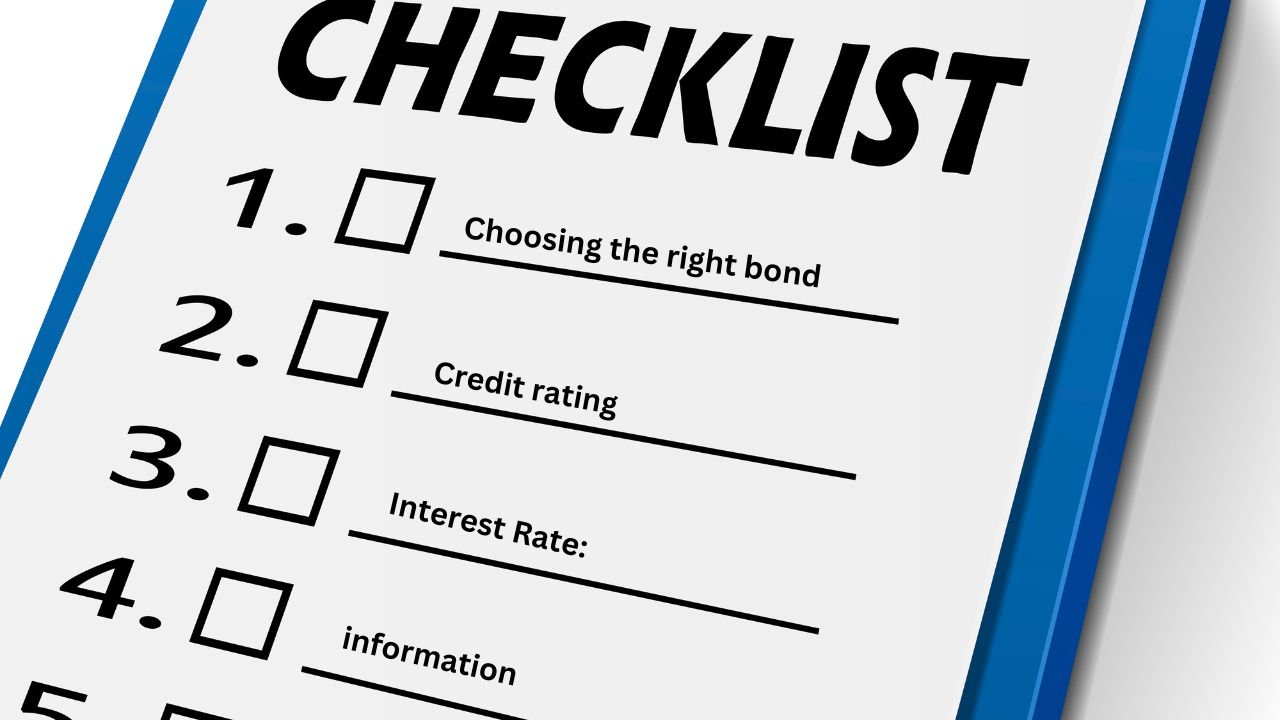Though investing in bonds is easier and safer than investing in the stock market, if you do not pay attention to these 5 things, you may have to bear heavy losses. So let’s know those 5 points which will save you from losses
- Choosing the right bond
There are many types of bonds available in the market like corporate bonds, government security bonds, convertible bonds and zero coupon bonds etc. The time period, flexibility, prices and interest rates of all bonds are different. In such a situation, if you choose the wrong bond, then you can spoil the equation of your money. So before investing, make sure which type of bond you are comfortable with.
- Credit rating:
Before investing in bonds, definitely check the credit ratings of the company. These ratings go from triple A to D. A rating above triple b is considered good. It is understood that the better the credit rating, the less likely the company is to default. It is always advisable to invest in a company whose credit rating is AAA.
- Interest Rate:
If you sell or buy bonds in the secondary market, then you should know that whenever the interest rate in the market has increased, the market value of the bond has fallen. This risk has been seen in all types of bonds. If you sell bonds at a low interest rate, you may lose your profit.
- Important information related to bonds:
Before investing in bonds, it is very important for you to know about Bond Coupon, Face Value and Bond yields. Investment in bonds is made only after comparing the bond coupon, face value and bond yield.
- Demand and Supply
Before investing in bonds, collect complete information about its demand and supply in the secondary market.
Sometimes, a situation arises when a bond has to be sold before time. And a bond cannot be sold before its deadline in the primary market. It can only be sold in the secondary market.
Like any market, bond prices in the secondary market are also affected by demand and supply. If the demand for a particular bond is high, its price will rise. Conversely, if the supply of a bond is high but demand is limited, the price will fall. So, take a look at these before buying or selling a bond
Remember, investing in bonds is risky like any other investment. It is important to thoroughly research and understand these risks before investing in bonds. You can also consider consulting a financial advisor. Keep investing! 😊

